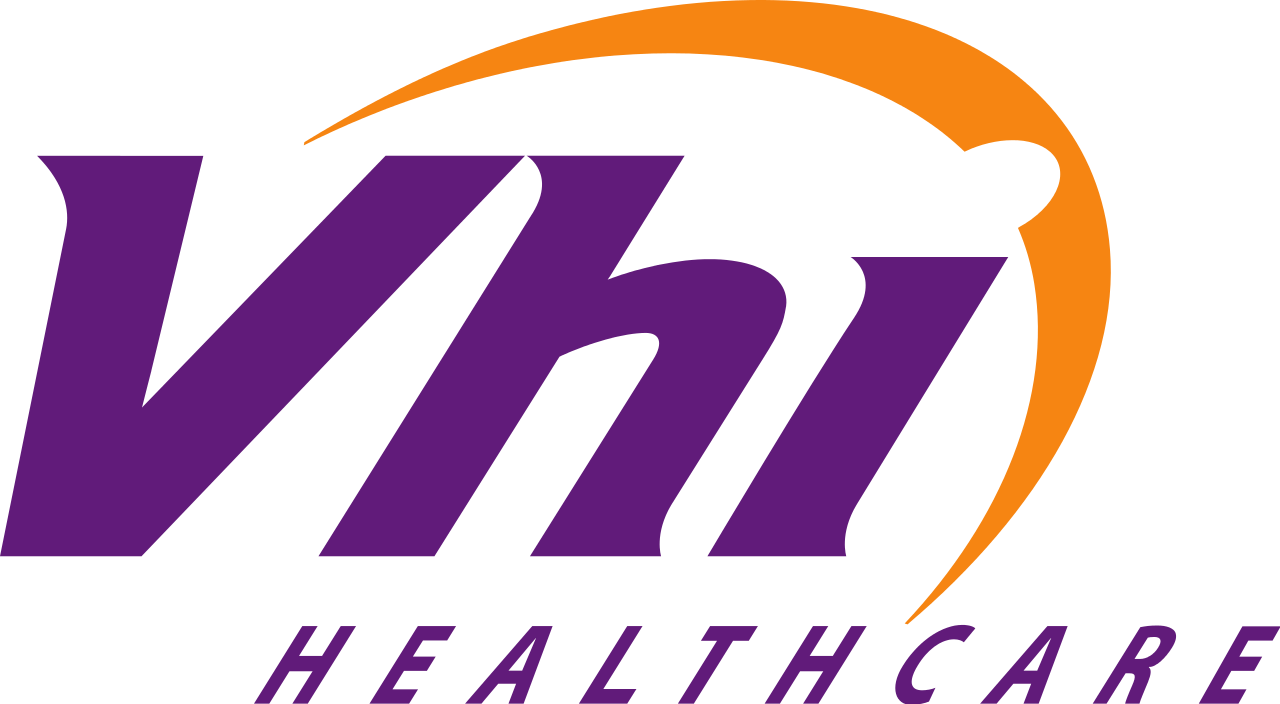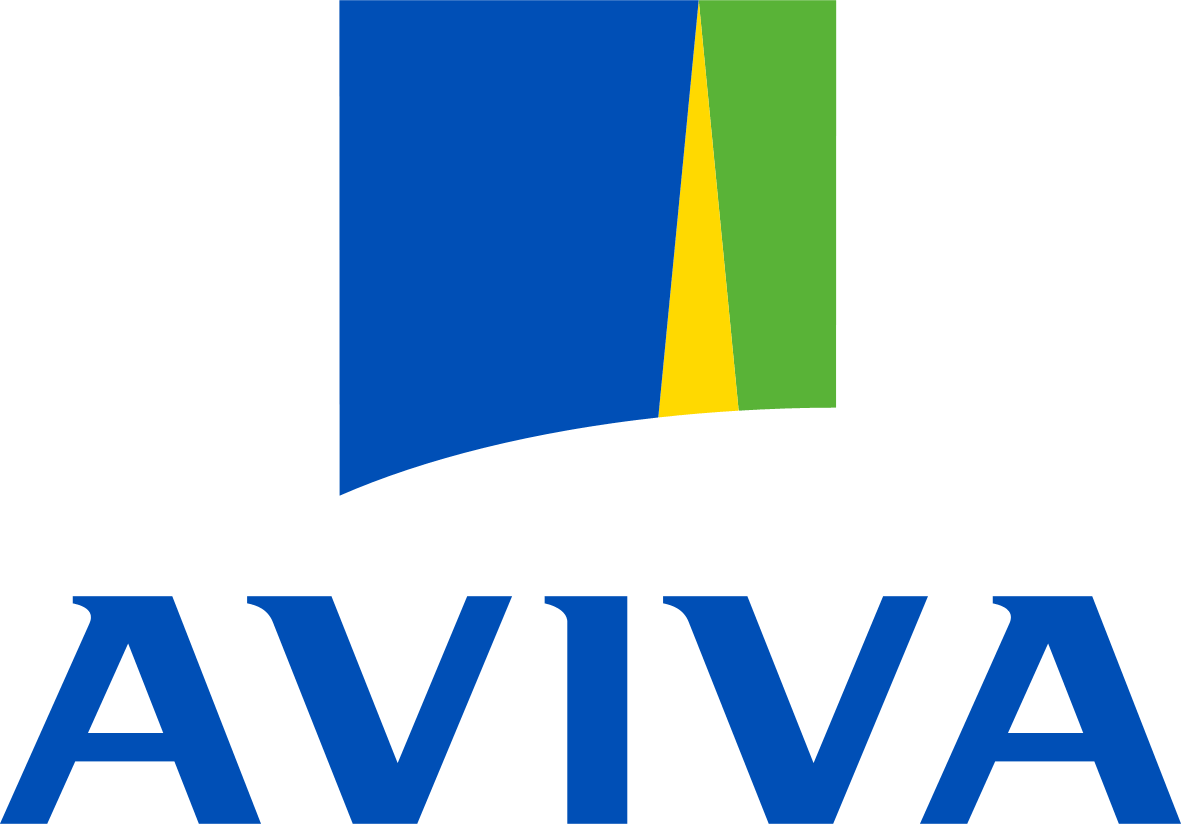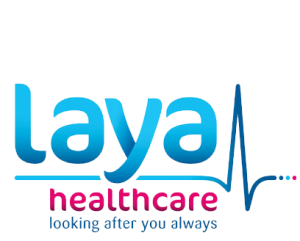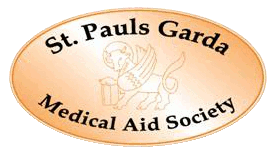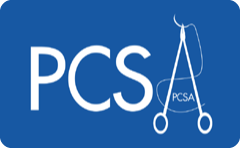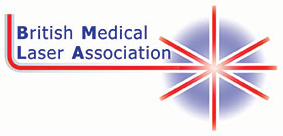 Download this information as a PDF
Download this information as a PDF
While most teenagers will develop some degree of acne it is usually quite mild with occasional spots and pimples that clear up quickly. Unfortunately a small number of people can get quite troublesome acne which can have a major impact on their life. Many of these people become extremely self-conscious, shy and withdrawn. Fortunately all forms of acne, even the most severe, can now be cleared up with safe effective treatments.
Acne is most common in teenagers and usually clears up within a few years. In a small number of people their acne can persist into their 20s, 30s or even into their 40s. In addition, some people do not start to develop acne until they are well into their 20s (“adult onset acne”). Comments such as “don’t worry, you’ll grow out of it” are unhelpful. While it is true that acne will eventually settle down this may take months or years during which time the person may suffering from permanent physical or psychological scars.
There are many misconceptions about acne. Many young people and their parents believe it is due to a food allergy or lack of hygiene. This is totally untrue. Acne is primarily an hormonal disorder. In the teens and early 20s there is a surge of hormones associated with puberty. In people with acne their skin is hypersensitive to these normal fluctuations in hormonal levels. This causes their skin to over-produce oil which becomes blocked in the pores. Once the pores are blocked the oil becomes trapped and swells up to cause black heads and white heads (comedomes). These eventually become infected with bacteria to form pimples and spots. Squeezing, scratching or picking spots usually causes them to last twice as long, so try to leave them alone. Picking may also cause the spots to spread and may scar the skin. Acne will eventually clear up but scars won’t! Other factors that aggravate acne are stress, as experienced before exams. Moisturisers and oily cosmetics should be avoided in the acne-affected areas since the skin is already too oily. A lightweight non-greasy make-up (e.g. a “non-comedogenic” make-up) will do no harm and will help cover up the spots for special occasions. Many women with acne get worse prior to a period. Junk food may also aggravate acne.
Treatment of acne will depend on its severity. Most mild cases can be managed by the person themselves with simple products that can be bought from the chemist. Washing the face twice a day with soap and water is helpful since this will remove some of the excess oil. However, excessive washing will not clear acne. Various acne lotions, creams or gels which are recommended by your chemist or doctor should be applied all over the acne-affected areas and not just onto individual spots. They will help clear up existing spots and will prevent new ones developing. They all help reduce the oiliness of the skin and help clear blackheads and whiteheads. These products often cause some transient drying of the skin for a few hours after application.
It may take six to twelve weeks before one starts to see an improvement with these acne creams so patience and perseverance is crucial in order to see results.
More resistant or severe cases of acne may need more potent topical cream or gel or tablet treatments, which can only be prescribed by your doctor. The most common tablet treatment is Tetracyclin tablets, which have antibacterial and anti-inflammatory properties.
These are extremely safe and effective. In women a hormonal tablet treatment is sometimes used. Tablet treatments are usually combined with topical treatments for six months until the acne is fully under control. The improvement is then maintained with topical agents alone to prevent your acne from returning. The topical agents can be continued for months or years until you are sure you have “grown out of your acne”.
People with a lot of red spots confined to their face with not too many blackheads or whiteheads might benefit from a course of pulse dye laser treatment (Regenlite). This has an anti-inflammatory effect similar to standard acne tablets and can give similar results. The laser light is passed over the skin which can cause minor discomfort only. Most people need one laser treatment per month for three months.
Very occasionally we see extremely severe, aggressive acne with extensive pimples, spots and even lumps on the face, back or chest, which can leave permanent scars (nodular, cystic or scarring acne). This rare severe type of acne may not respond to the standard treatments. These people usually need Roaccutane tablets, which are a very potent vitamin A treatment, which will clear even the most severe resistant cases.
However, this vitamin A tablet treatment has some uncomfortable but reversible side effects and so is reserved for only the most severe, resistant cases.
Acne is not the only condition that causes spots and pimples on the face. If your skin is not clearing up with simple acne treatments, check with Dr Buckley as you may be suffering from something other than acne.
In summary, acne is a common condition which unfortunately occurs in a very vulnerable age-group and can cause physical and psychological scarring. However, nowadays all types of acne, no matter how severe or extensive, can be managed successfully with safe effective treatments.


